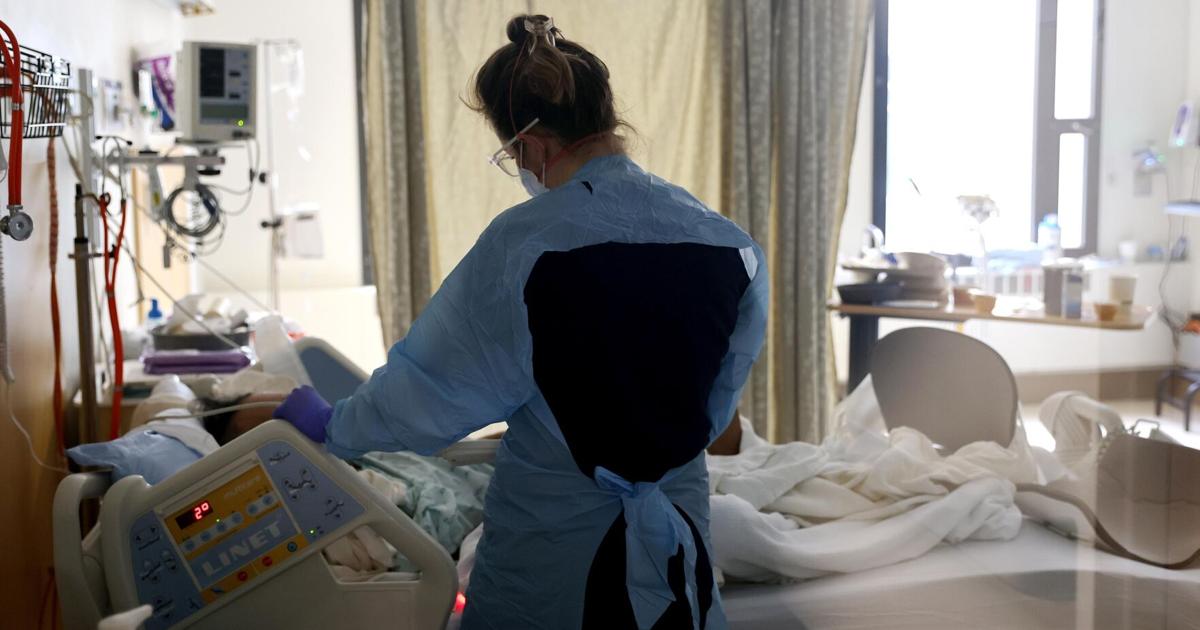- cross-posted to:
- [email protected]
- cross-posted to:
- [email protected]
TUCSON, Ariz. (KVOA) - In a groundbreaking development, Arizonans can now apply for worker’s compensation if they contract COVID-19 while on the job. This landmark decision stems from a widow’s determined fight to secure worker’s compensation following her husband’s tragic demise due to COVID-19.
Gabrielle Parish has all of the details after an Arizona woman won a lawsuit to receive workers comp benefits after her husband died after getting Covid-19 at work.
Court documents unequivocally state that if someone contracts COVID-19 at their workplace, they are entitled to file for worker’s compensation. An essential detail to note is that if a worker succumbs to the virus, their next of kin will receive financial support.
We had the opportunity to speak with Attorney Dennis Kurth, who played a crucial role in this case. He shed light on how it all began: “She filed a work comp complaint with the Industrial Commission of Arizona to secure widow’s benefits, and that claim was denied,” Kurth explained.
This denial prompted the widow to take legal action against the company, marking the inception of this historic case. Kurth noted, “This is apparently the first case where an insurance company lost and then decided to take it to the court of appeals. They are arguing that COVID-19 should never be covered by workers’ comp as a matter of law.”
However, there is a catch. If an employee chooses to accept the compensation, they relinquish their right to sue the company, even if they can prove they contracted the virus on the job. Additionally, there’s a time frame to keep in mind: workers must file their claims within a year after contracting COVID-19.
Kurth added, “Now that the court of appeals has published an opinion stating that COVID-19 is compensable if you meet the statutory and case law requirements, people may start looking back and thinking, ‘Oh, I should have filed a claim.’”
It’s essential to emphasize that the person filing for worker’s compensation must have contracted the disease at work for this ruling to apply. Otherwise, these provisions do not come into play.



Unless they ever go anywhere other than work and home.
Yeah… just like I said…
“If they can prove they went from home to work and then back home”
You also said “I don’t think it would be that hard.” Unless they’re a shut-in who lives alone it’s going to be tough to prove they didn’t get it from someone else in the house, or when they picked up dinner, or went out with friends, or …
It wouldn’t. They have an app that tracks any travel required for work. If it shows they were only at home or the office the whole time, it would be approved. You don’t have to be a shut-in to stay home for a workday.
Symptoms of coronavirus disease 2019 (COVID-19) may appear 2 to 14 days after exposure.
And your point? If 2 days afterwards, they report being sick and they can show that they were only at work and at home, they’d be covered. You people act like contact tracing doesn’t exist.
Two days isn’t the relevant number. The insurance company will say you got exposed two weeks ago when you went to a movie theater.
Nobody’s doing contact tracing anymore dude.
They are if they need to prove they got COVID from work, “dude”.